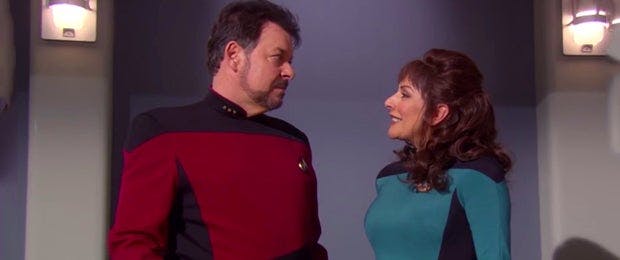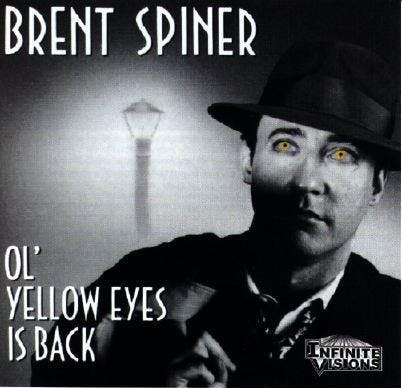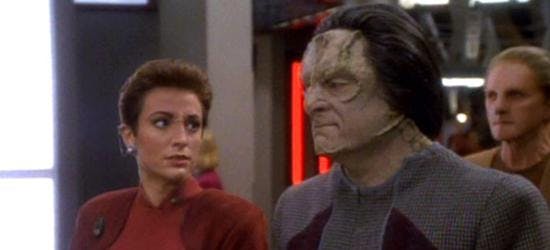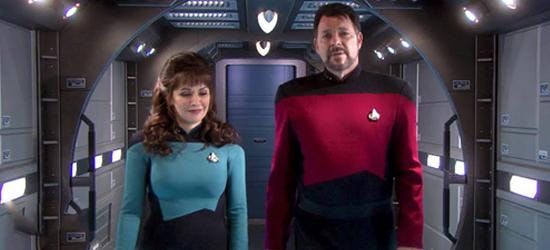Published Jul 28, 2015
Exclusive Interview: Dennis McCarthy, Part 2
Exclusive Interview: Dennis McCarthy, Part 2

Dennis McCarthy produced Brent Spiner’s semi-legendary album, Ol’ Yellow Eyes Is Back. And, oh yeah, he composed the main theme and music for Star Trek: Deep Space Nine, as well as music for The Next Generation, Voyager and Enterprise. McCarthy also wrote/conducted the music for Borg Invasion 4D, the short film/attraction at Star Trek: The Experience movie, as well as for the computer game Star Trek: Borg. All told, McCarthy spent 18 years helping immerse Trek fans in the adventures of their favorite characters, along the way earning two Grammy Awards. His numerous other credits include Enos, V, The Twilight Zone, Dynasty, MacGyver, Deadly Games, Stargate SG-1, Breast Men, Project Greenlight and Prayer Hour. McCarthy, as you might imagine, has long been on StarTrek.com’s interview wish list. He proved elusive for a few years, but with an upcoming appearance at Creation Entertainment’s Official Star Trek Convention next month in Las Vegas – where he’ll be appear on stage to take questions from the audience and also participate in a special concert event with the Nevada Pops – we finally can check him off our list. Below is part two of our exclusive two-part interview with Dennis McCarthy. Go HERE to read the first half of the conversation.We're going to throw titles at you. Please give us your memories of the experience, whatever it is that stands out most. Let's start with Ol' Yellow Eyes Is Back...McCARTHY: Brent's album was such fun because all the guys came in to help. So it was Patrick and Jonathan and Michael. And they were all great. It was like being back on the road in my old Glen Campbell days. We were doing it live to tape, so it was close to the live experience. Yes, we used tape back in those days. The camaraderie of that crew was unbelievable. We used to, every now and then, go out and have a big lunch, all of us and just laughs and scratch and play with each other. Those days will never be replaced. There's no way that could ever happen again. I've never been on a show, ever, where the crew and the actors were all just such a harmonious family.







